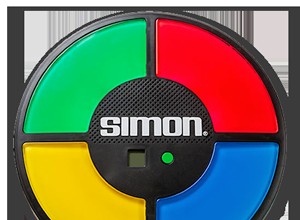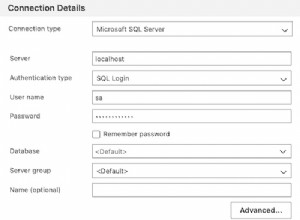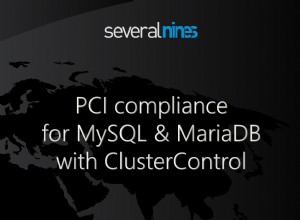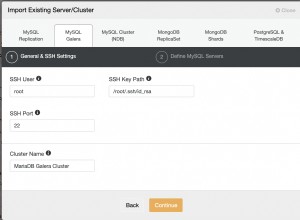Suponiendo que los datos reales no sean más complejos que los ejemplos indicados, esto debería funcionar sin recurrir a RegEx:
DECLARE @posts TABLE
(
post_id INT NOT NULL IDENTITY(1, 1),
post_text NVARCHAR(4000) NOT NULL,
body NVARCHAR(2048) NULL
);
INSERT INTO @posts (post_text, body) VALUES (N'first',
N'Visit [Google](http://google.com)');
INSERT INTO @posts (post_text, body) VALUES (N'second',
N'Get an [iPhone](http://www.apple.com)');
INSERT INTO @posts (post_text, body) VALUES (N'third',
N'[Example](http://example.com)');
INSERT INTO @posts (post_text, body) VALUES (N'fourth',
N'This is a message');
INSERT INTO @posts (post_text, body) VALUES (N'fifth',
N'I like cookies (chocolate chip)');
INSERT INTO @posts (post_text, body) VALUES (N'sixth',
N'[Frankie] says ''Relax''');
INSERT INTO @posts (post_text, body) VALUES (N'seventh',
NULL);
SELECT p.post_text,
SUBSTRING(
p.body,
CHARINDEX(N'](', p.body) + 2,
CHARINDEX(N')', p.body) - (CHARINDEX(N'](', p.body) + 2)
) AS [URL]
FROM @posts p
WHERE p.body like '%\[%](http%)%' ESCAPE '\';
Salida:
post_text URL
first http://google.com
second http://www.apple.com
third http://example.com
PD:
Si realmente desea utilizar expresiones regulares, solo puede hacerlo a través de SQLCLR. Puede escribir el suyo propio o descargar bibliotecas prefabricadas. Escribí una de esas bibliotecas, SQL#
, que tiene una versión gratuita que incluye las funciones RegEx. Pero solo deben usarse si no se puede encontrar una solución T-SQL, lo que hasta ahora no es el caso aquí.




